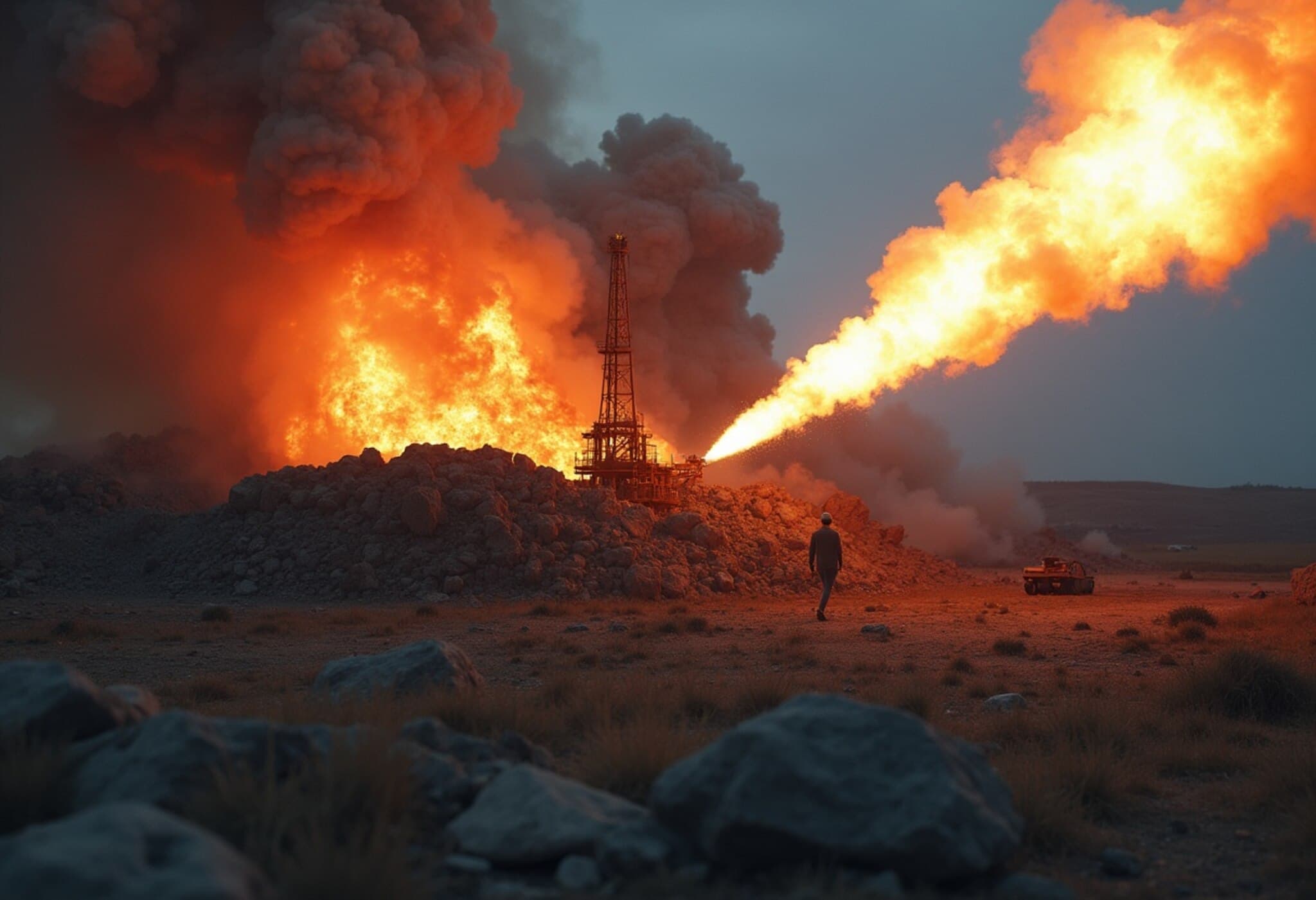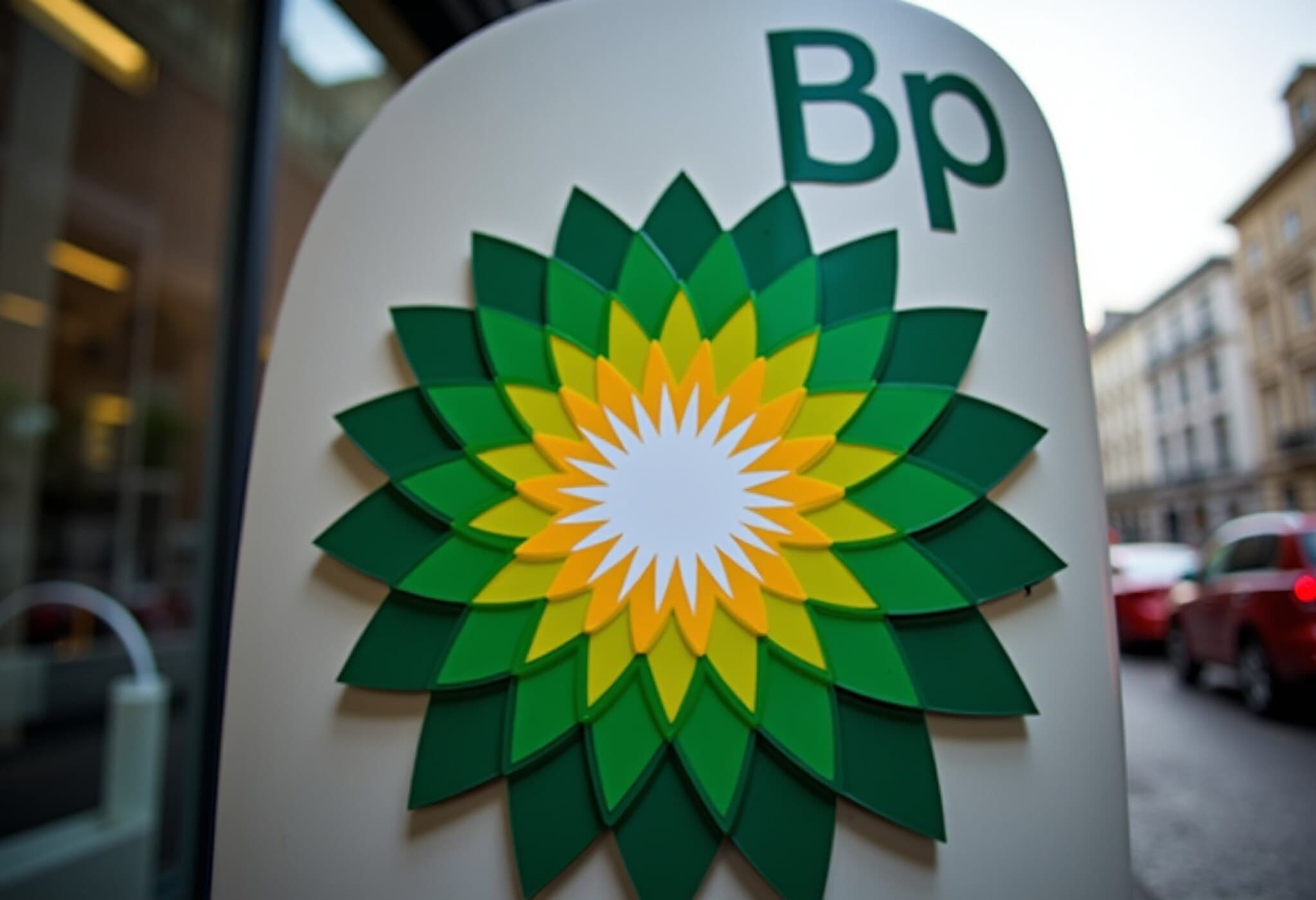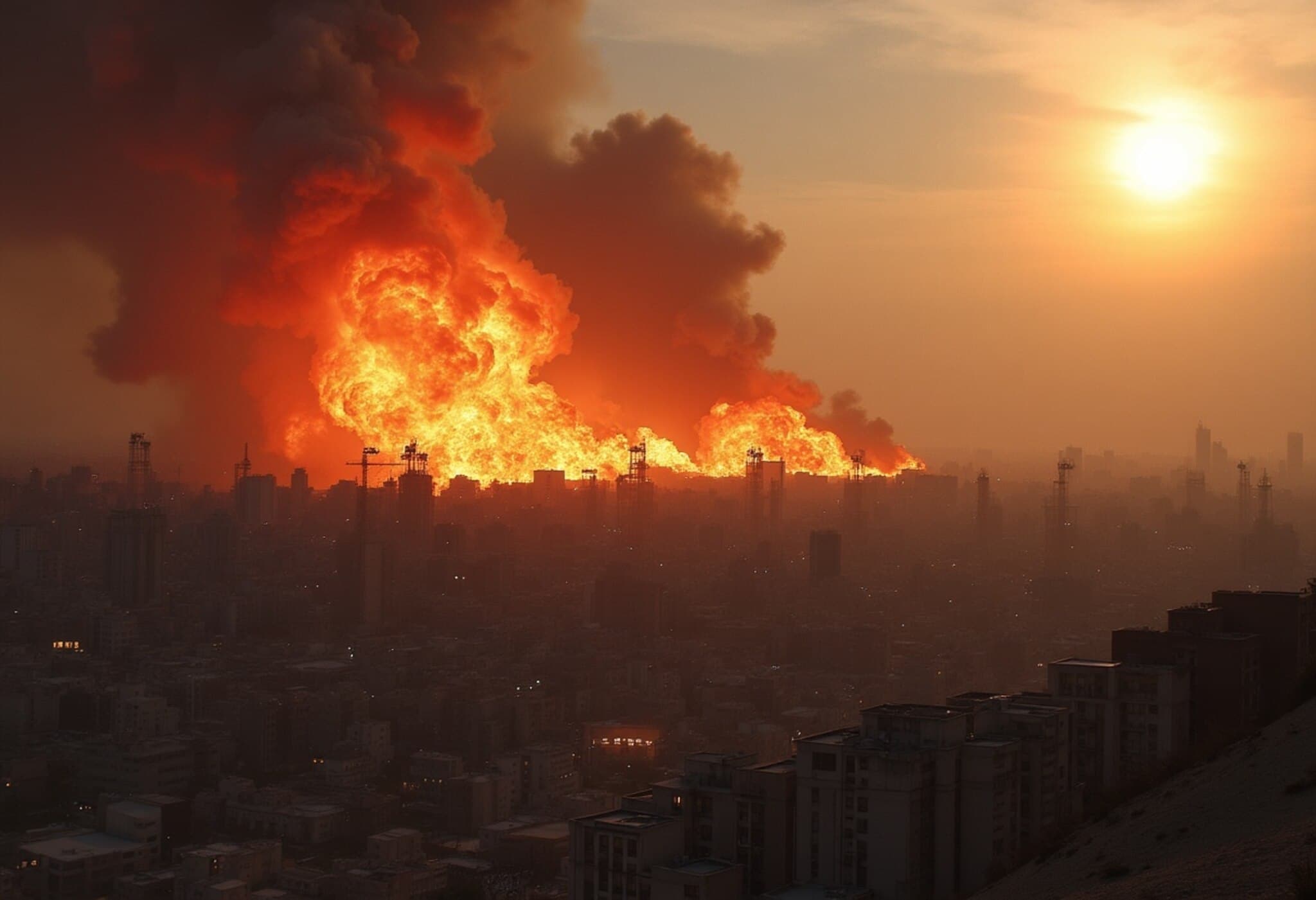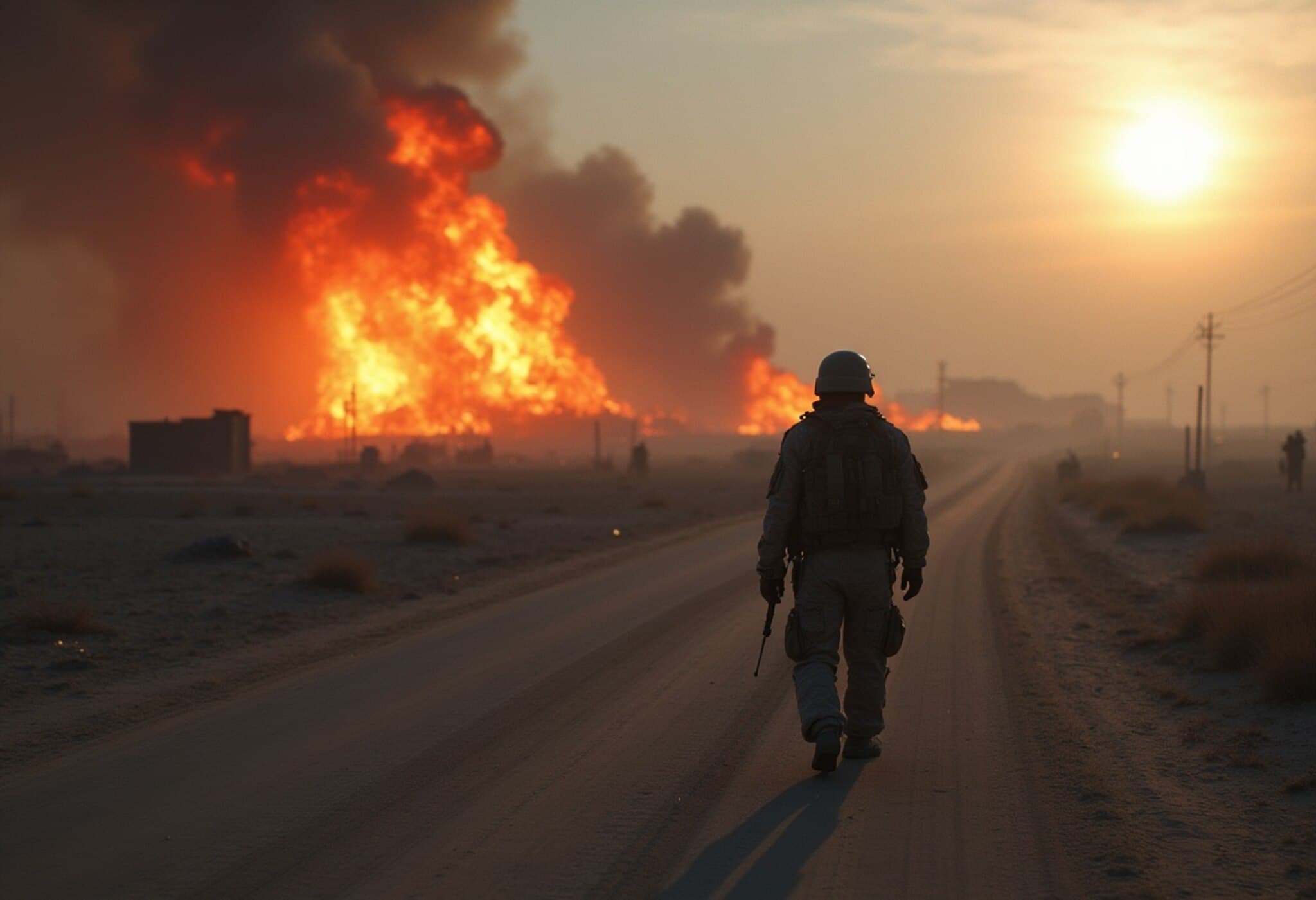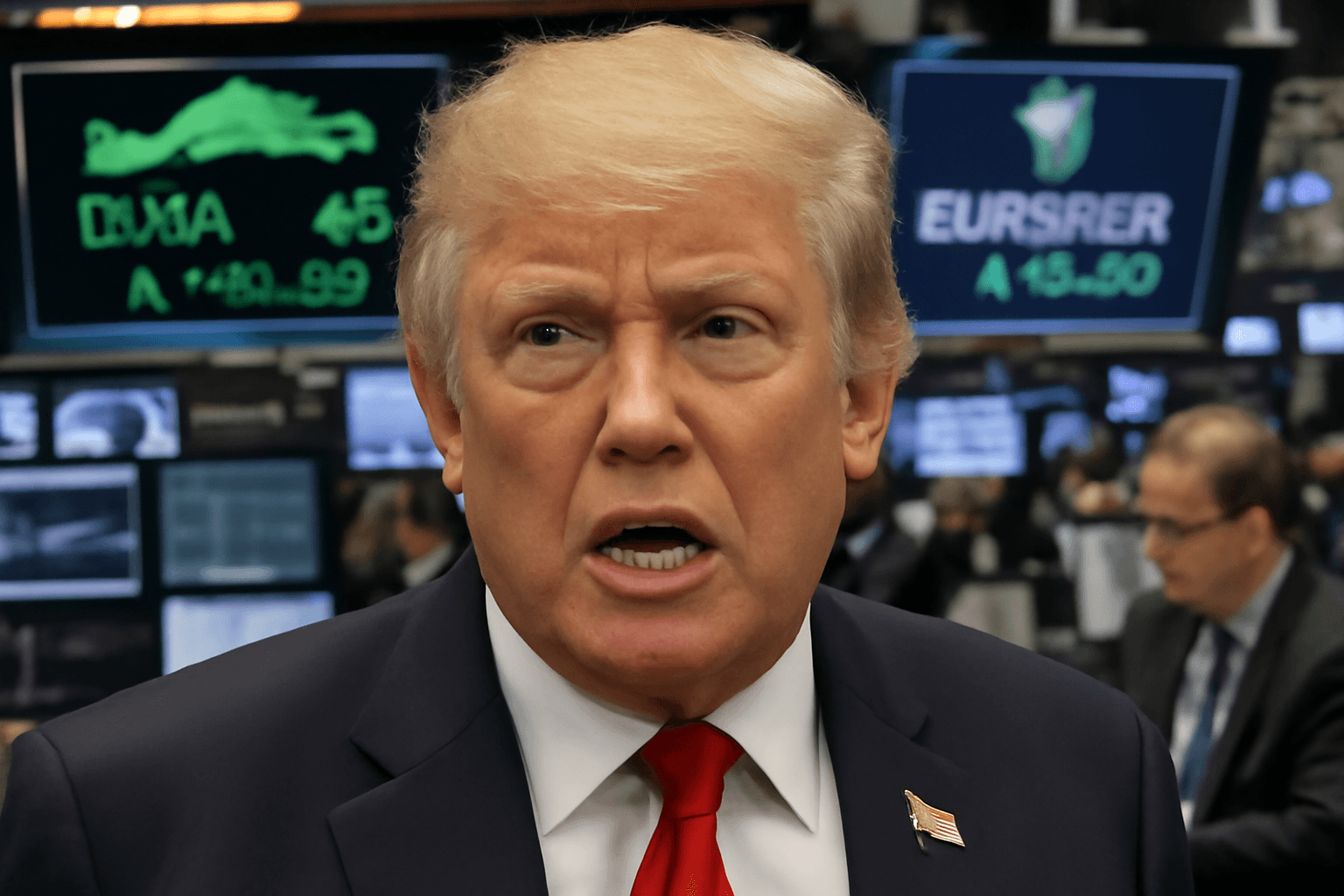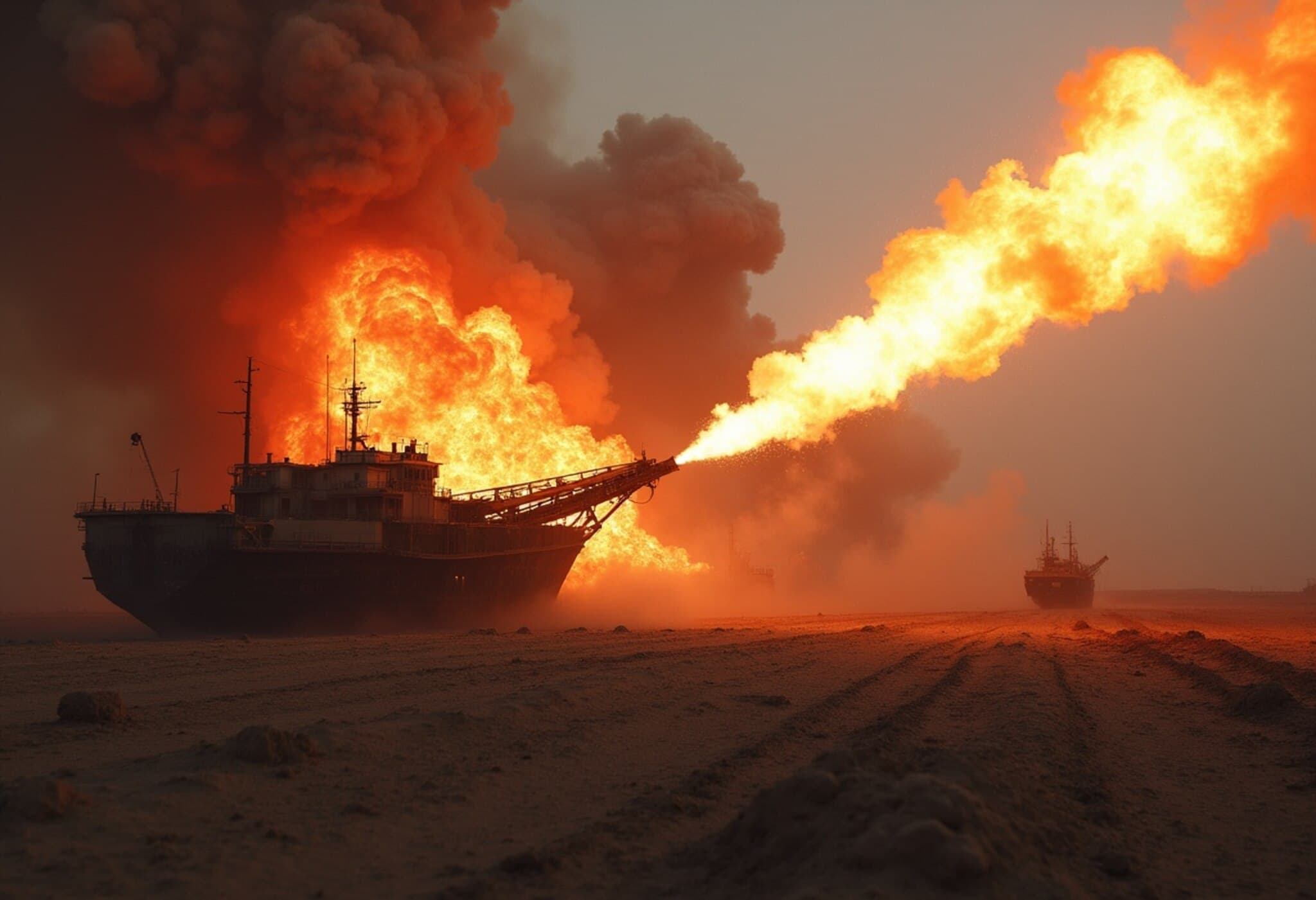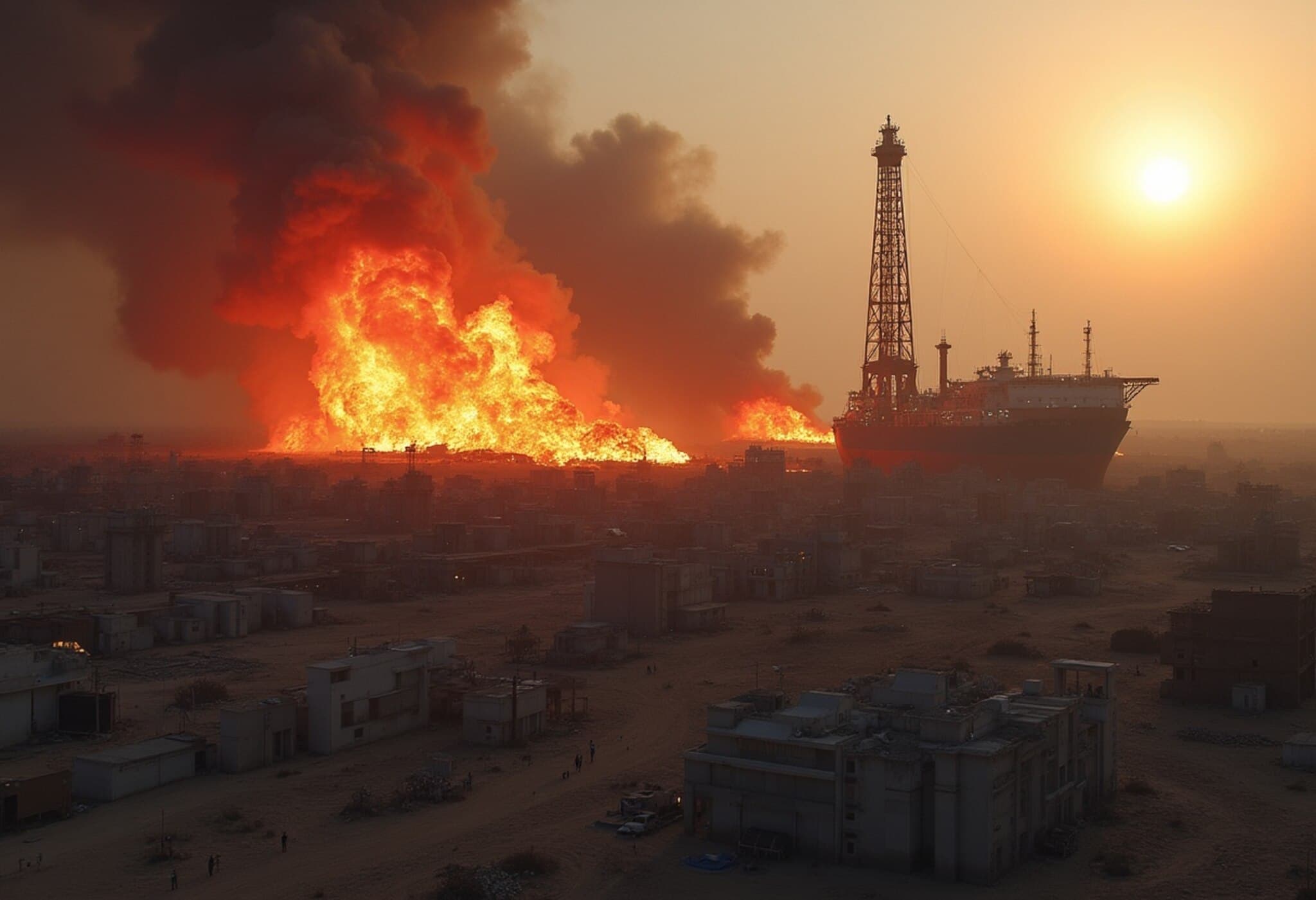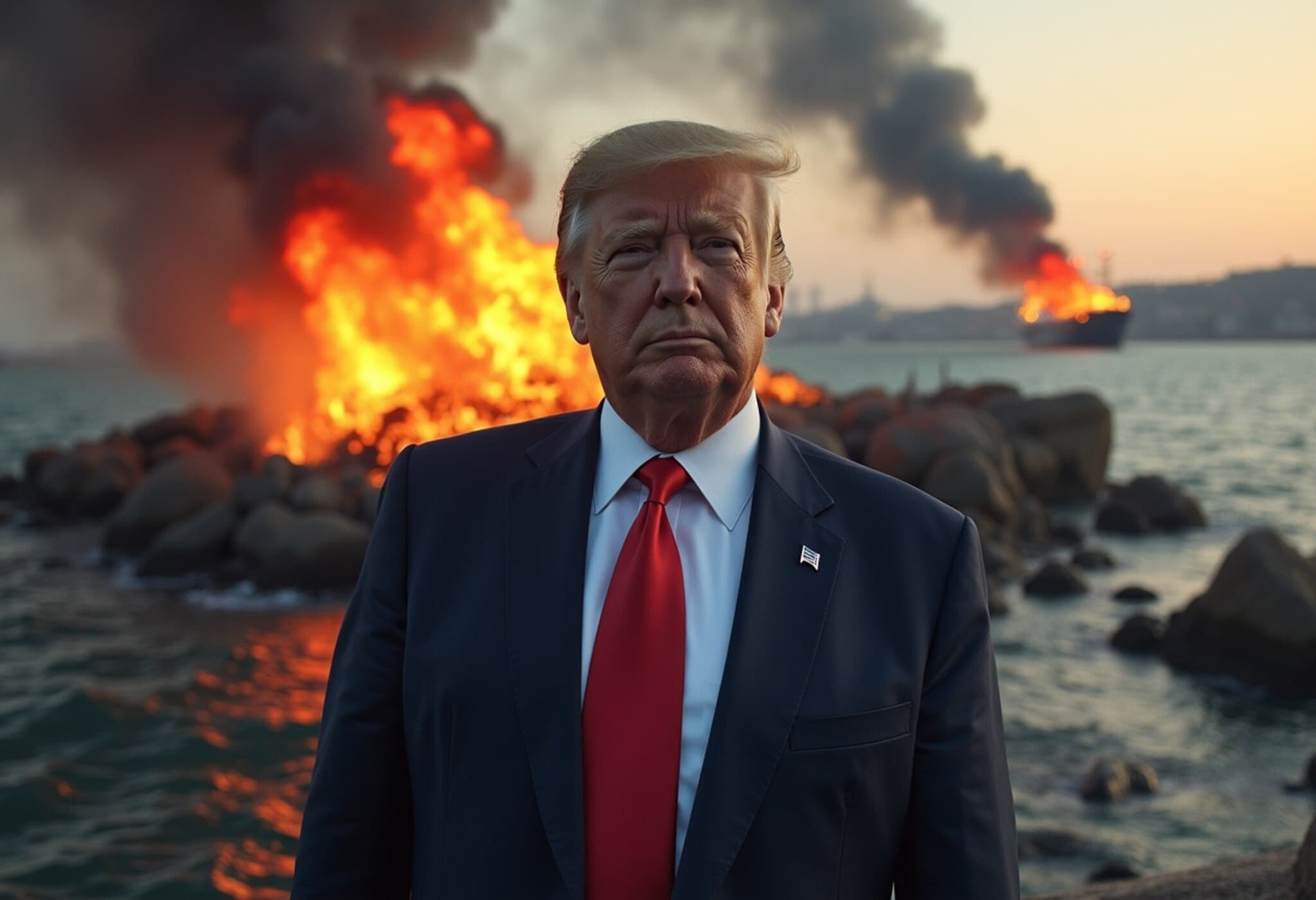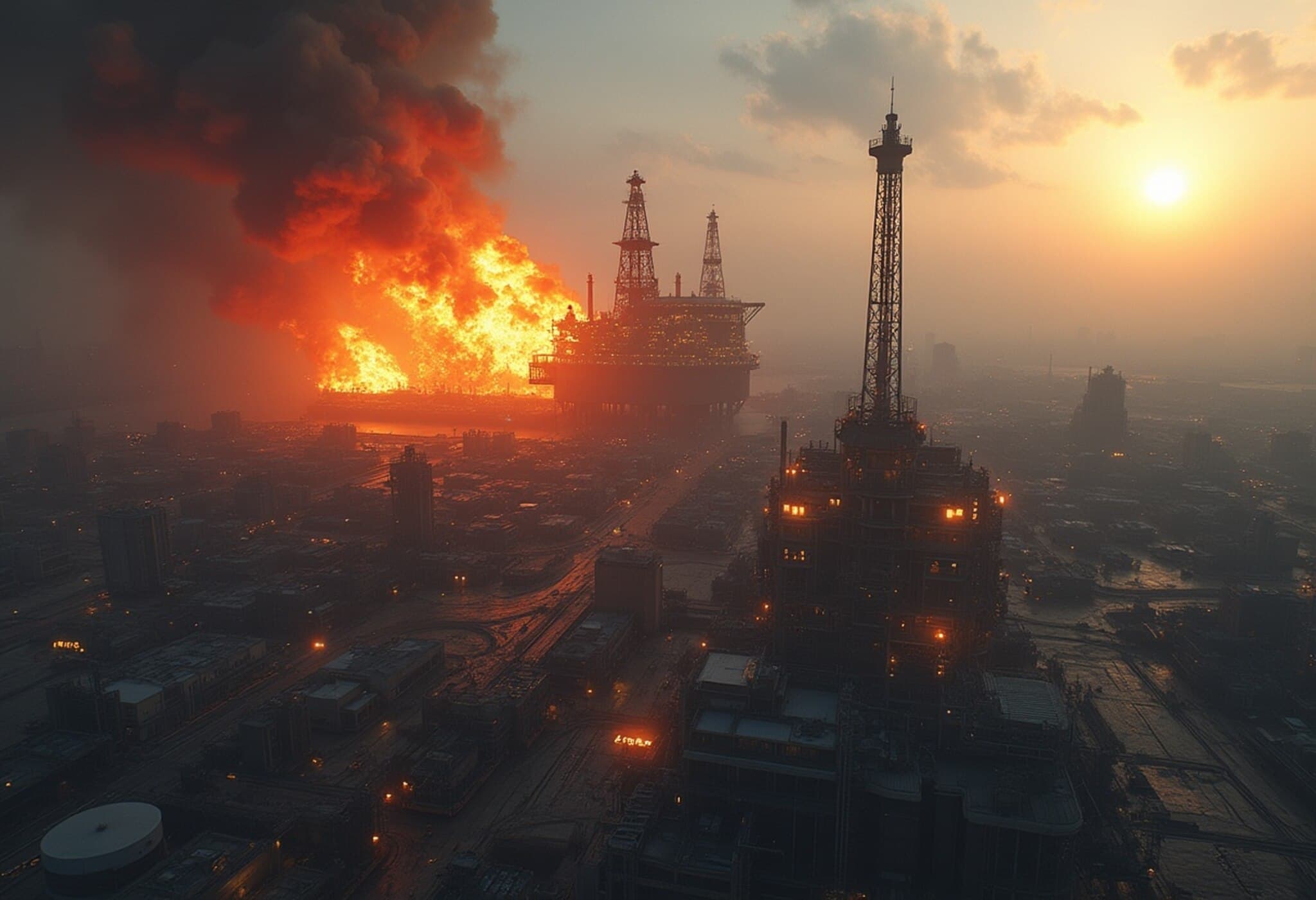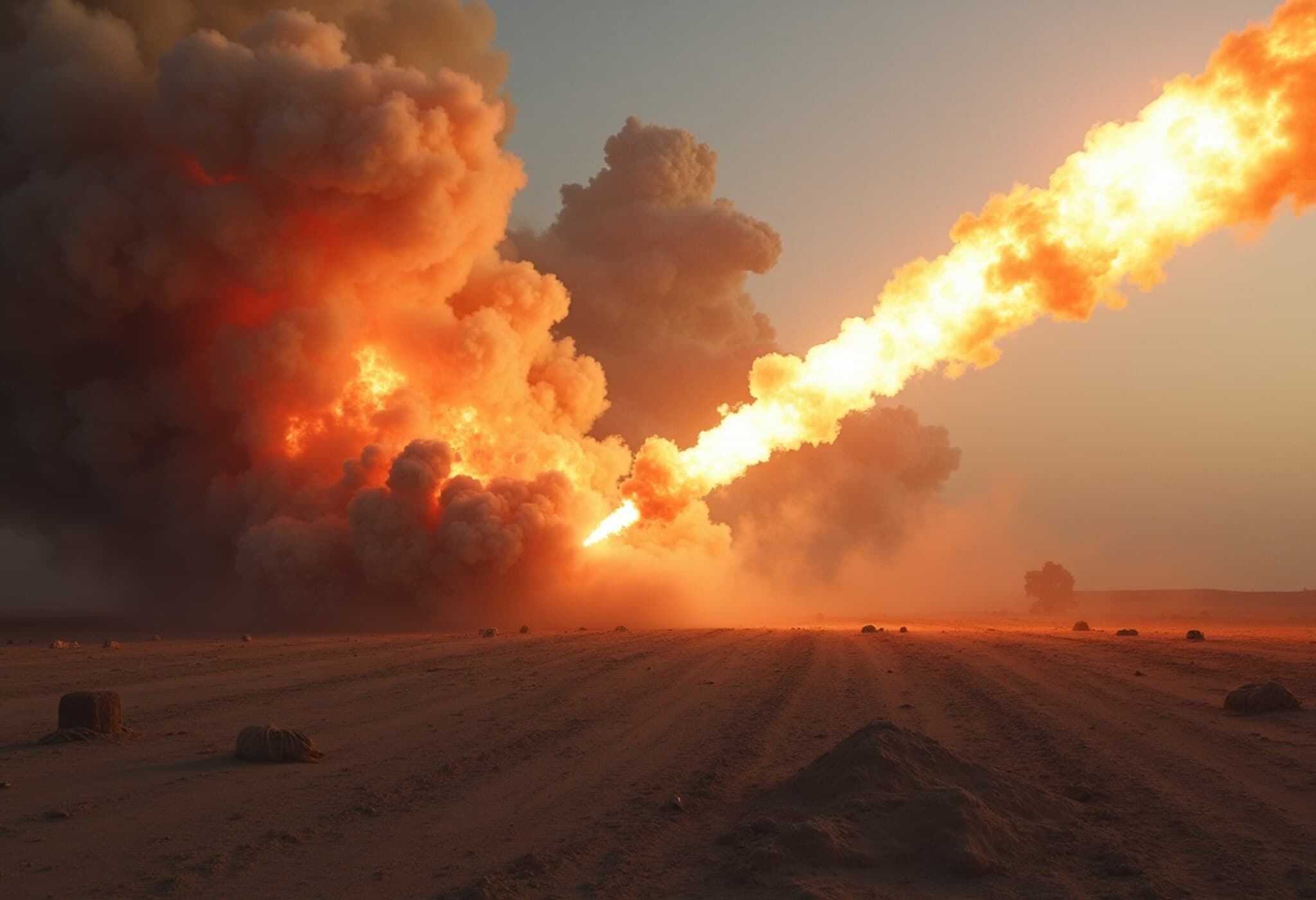Oil Prices Drop Sharply Following Israel-Iran Ceasefire Agreement
Oil markets experienced a significant shakeup as Israel accepted a US-proposed bilateral ceasefire with Iran, easing long-standing geopolitical tensions. This unexpected development sent crude prices tumbling, while stock markets in Asia and Europe rallied in response.
Crude Prices Reverse Gains Amid De-escalation
On Tuesday, Brent crude dropped 5.2% to $67.75 per barrel, with West Texas Intermediate (WTI) falling 5.4% to $65.01 per barrel. This marked a sharp turnaround following a brief spike triggered by Iranian missile launches at a US military base in Qatar earlier in the week.
Analysts noted that the missile strikes, while headline-grabbing, were limited in scale and did not directly impact oil infrastructure, allowing markets to shake off the heightened risk premium that had built since the outbreak of conflict.
Regional Markets Show Optimism as Conflict Risks Ease
Relieved by the ceasefire news, Asian stock indices saw positive momentum. Tokyo closed up 1.1%, Shanghai gained 1.2%, while Hong Kong traded higher by 2.1%. Other key regional markets also posted solid gains, including Seoul (3.0%), Taipei (2.1%), Jakarta (1.3%), and Sydney (1.0%).
European markets followed suit with London's FTSE 100 rising 0.7%, Paris up 1.5%, and Frankfurt climbing 1.8%. Despite these increases, shares of oil giants Shell and BP saw declines, reflecting the sharp oil price drop.
Political Developments and Market Implications
The Israeli government declared that it had fulfilled its war objectives by neutralizing what it described as an immediate existential threat involving nuclear and ballistic missile capabilities. It also cautioned that any breach of the ceasefire would be met with a forceful response.
Meanwhile, in currency markets, the US dollar retraced recent gains after a Federal Reserve official indicated openness to lowering interest rates if inflation remains steady. These comments fueled expectations for rate cuts later in the year, leading to a softer dollar.
Significant Market Data Highlights (Approx. 0700 GMT)
- Tokyo Nikkei 225: +1.1% at 38,790.56 (close)
- Hong Kong Hang Seng: +2.1% at 24,181.94
- Shanghai Composite: +1.2% at 3,420.57 (close)
- Euro/USD: 1.1609, up from 1.1581
- Dollar/Yen: 145.05, down from 146.12
- WTI Crude: $65.01 per barrel, down 5.4%
- Brent Crude: $67.75 per barrel, down 5.2%
- New York Dow: +0.9% at 42,581.78 (close)
- London FTSE 100: +0.7% at 8,816.78

